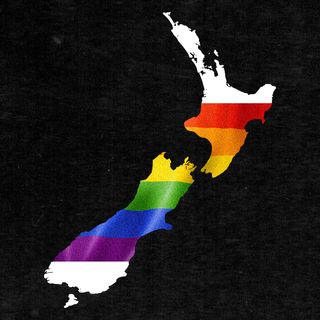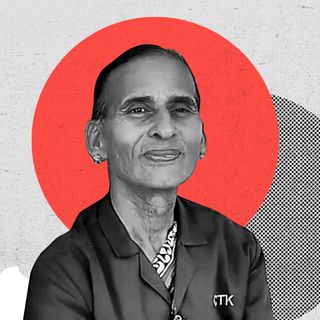India is one of the worst countries in the world when it comes to prosecuting murderers of journalists, concludes “Getting Away With Murder,” a report released by the Committee to Protect Journalists (CPJ). Its Global Impunity Index highlights where in the world journalists are killed in retaliation for their reporting, and which countries’ criminal justice systems fail to investigate, capture, and/or prosecute the killers.
India’s environment of impunity has progressively worsened in the last two years, advancing it from 13th in 2019 and 14th in 2018. Now in the top 12, India along with 11 other countries “account for 80% of the global total of unsolved murders of journalists” in the past decade, the report states.
While war-torn countries such as Syria and Iraq take up top spots on the list, CPJ says more stable countries have increasingly climbed the index in recent years, countries “where criminal and political groups, politicians, business leaders, and other powerful acts resort to violence to silence critical and investigative journalists.” The factors CPJ identifies for this trend include “corruption, weak institutions, and lack of political will to pursue robust investigations.”
India has ranked in the CPJ index every year since the first list was released in 1992. Since that year, at least 36 Indian journalists have been murdered for their work, and only two of the murder cases have seen convictions, senior CPJ researcher for Asia, Aliya Iftikhar, tells Newslaundry. “Murder is really the highest form of censorship,” she says.
“… that sets a really alarming precedent,” Iftikhar adds.
Related on The Swaddle:
‘A Private War’ Reflects the Everyday Trauma of Journalists in the Field
In recent years, however, CPJ has seen a downward trend of journalist murders around the world — but that doesn’t necessarily mean the world is getting safer for journalists. In India, for example, the assassinations of Gauri Lankesh and Shujaat Bukhari were high-profile cases that rocked journalists across the nation — and might have had a chilling effect on future reportage. When murders of journalists go unprosecuted, even unaddressed by those in power, journalists become fearful for their wellbeing and self-censor as a result, the CPJ has previously stated.
Murder is also not the only way media suppression happens. India ranks 142 (out of 180 countries) on the World Press Freedom Index — among the worst countries where “there have been constant press freedom violations, including police violence against journalists, ambushes by political activists, and reprisals instigated by criminal groups or corrupt local officials,” according to the 2020 Reporters Without Borders report. Aside from garden-variety threat and intimidation, India’s law enforcement has also embraced legal harassment tactics, arresting or suing journalists and news organizations for their reportage, which CPJ considers another media suppression tactic.
At the end of the day, Iftikhar says, it’s important not just to prosecute murderers of journalists, but also to have people in power encourage free press and condemn violence against journalists publicly and unequivocally.
“The silence gives the idea that it’s okay,” she says.




